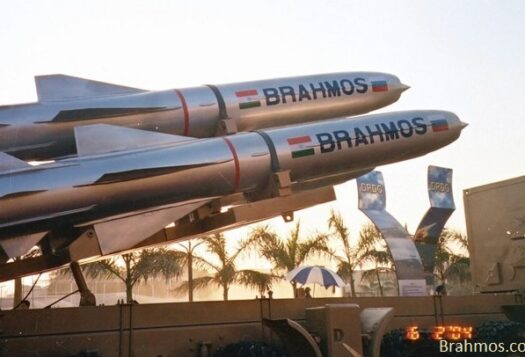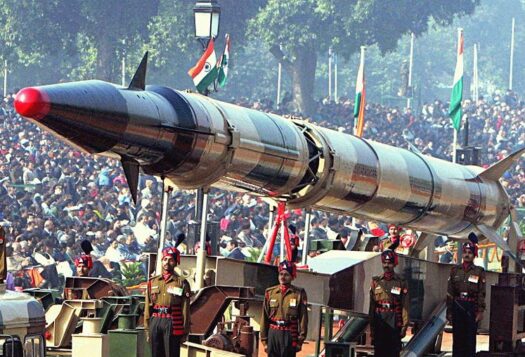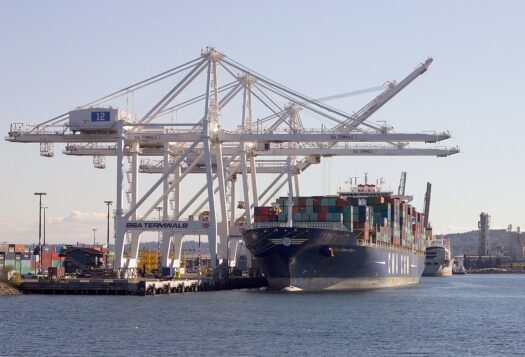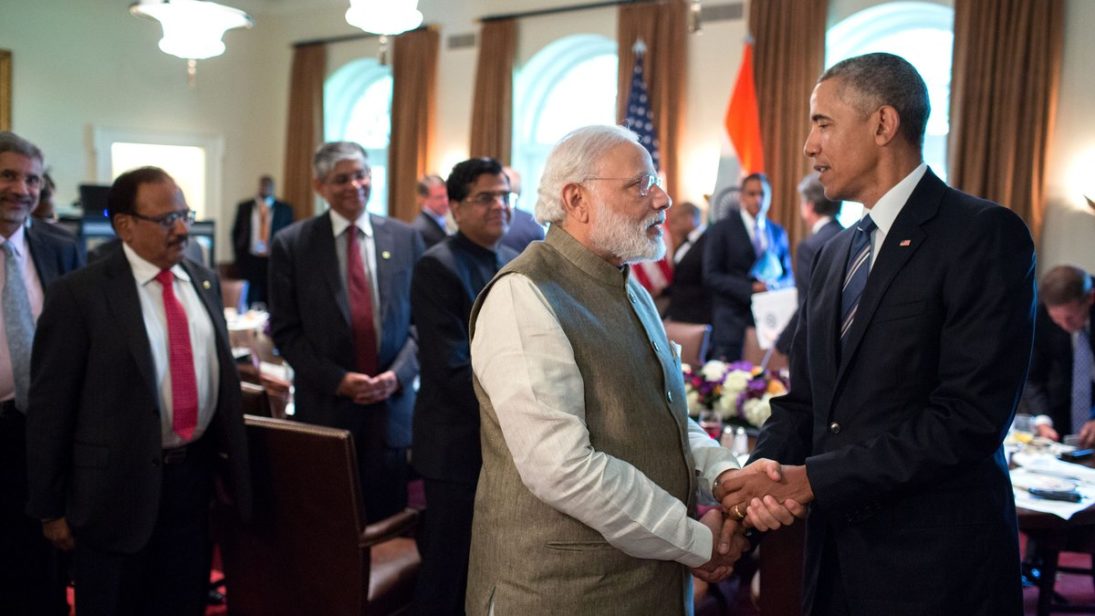
This week, the Nuclear Suppliers Group (NSG) will meet again in Vienna to discuss the admission of new members. In particular, the meeting will revolve around offering membership to India, a wheel set in motion back in 2005 with the Indo-U.S. nuclear deal. This deal provided India the first opportunity for civilian nuclear trade without first being a signatory to the Nuclear Non-Proliferation Treaty (NPT). This has now expanded into the United States welcoming India’s application for NSG membership and calling upon other members to support India’s bid without a precondition of it first signing the NPT. As various countries reconsider their concerns about India’s NSG membership, this might set a poor precedent for other countries that refuse to sign, or even violate, the NPT.
India’s own nuclear history highlights the irony of its potential membership into the NSG. For its first nuclear test in 1974, India actually used plutonium from the Canadian-provided CIRUS research reactor intended for civilian energy production. The Indian nuclear test raised fears globally that nuclear technology intended for peaceful purposes could be misused, which soon led to the establishment of the NSG. Thus, it is ironic that India’s NSG membership bid has now gained considerable international support. Politically, the debate is between the India-United States camp, which is in favor of India’s entry into the NSG, and the China-Pakistan camp, which is opposed to Indian membership.
One of the reasons for strong American support for India’s NSG membership could be a strategic motivation to secure a closer relationship with New Delhi in order to counter a growing China with global ambitions. However, there are also important economic interests to consider, as the United States sees commercial opportunities in letting India into the NSG, especially considering the struggling American domestic nuclear industry. India, for its part, views NSG membership as an important sign of international prestige and a means of becoming a mainstream nuclear power.
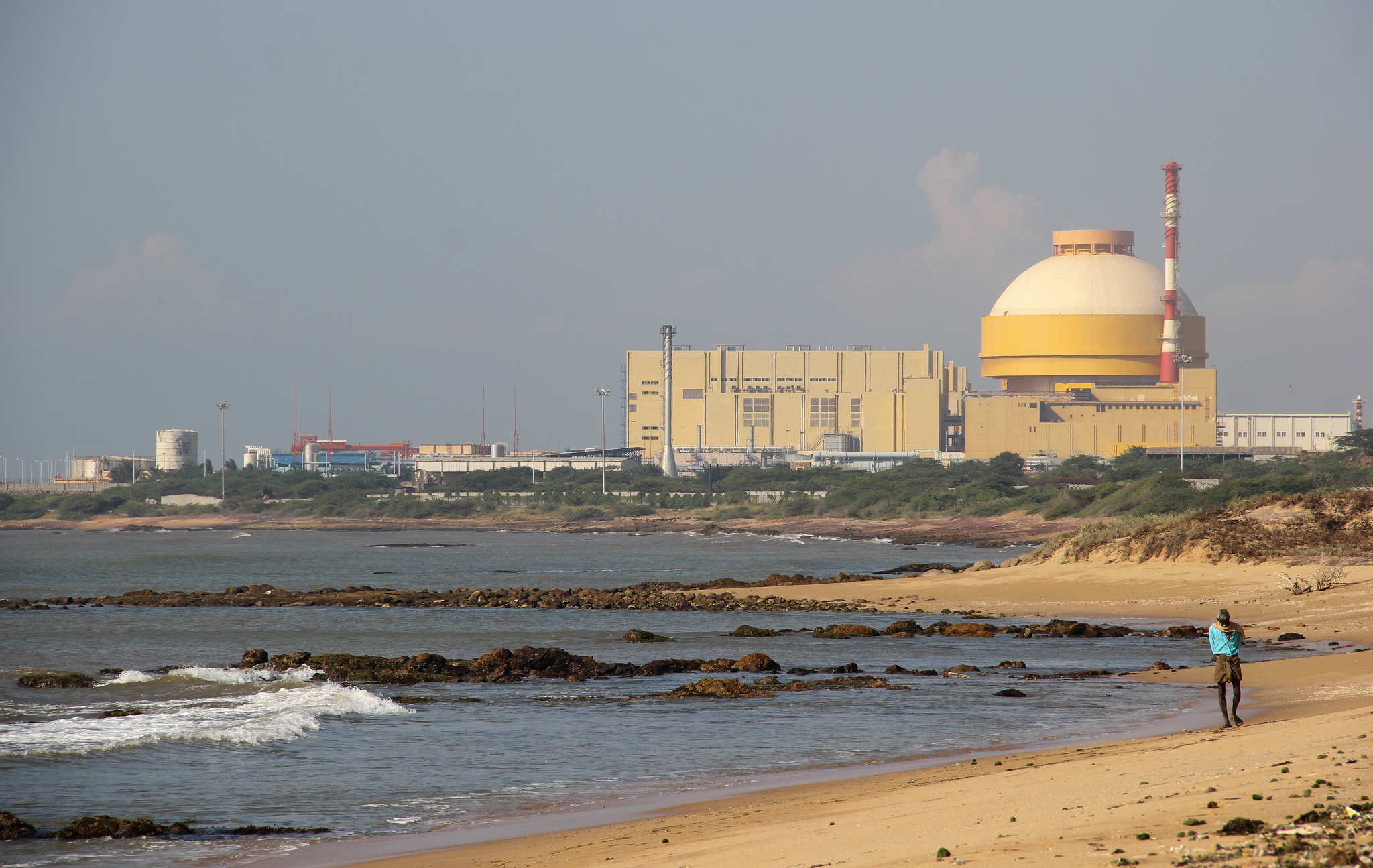
On the other hand, Pakistan objects to India’s inclusion into the NSG from a security point of view. Specifically, Pakistan’s concern is that India’s NSG membership could improve its access to nuclear technologies, which could have an impact on its nuclear weapons program. Additionally, India has not accepted limits on its fissile material production or a ban on nuclear testing. India’s international treaty commitments as a nonparty to the NPT are not in accordance with the norm and mandate of the NSG, as U.S. Senator Ed Markey has noted. China has strongly echoed this position, as well. Pakistan further believes that Indian entry into the NSG will have a negative impact on the strategic stability in South Asia because Indian membership, without signing the NPT, does not prevent it from a massive arms buildup, even if it might broadly adhere to NSG regulations.
As analyst and fellow SAV contributor Reshmi Kazi has rightly noted, India’s NSG membership would give it “an opportunity to be involved in the wider decision-making process concerning the supply of nuclear materials and technology.” Yet, it is also important to consider concerns about India’s nuclear security record on its own merits. In its 2016 rankings, the Nuclear Threat Initiative actually ranked India 21st out of 24 countries measured on the security of its nuclear material from theft. This is further reflected by a recent case in which Indian officials arrested 6 individuals for smuggling nuclear materials, and numerous other nuclear security lapses, as outlined in a report by the Center for Public Integrity. With a number of vulnerabilities in its nuclear security, it seems that India’s NSG membership could have a risk of negatively impacting global nuclear security.
In sum, the NSG must reaffirm its values by refraining from including India without it following the custom of signing the NPT. This is an important pillar of the NSG, and objection to India’s membership because of its refusal to sign the NPT must not be seen as only political opposition by China and Pakistan. Furthermore, the NSG must stand by its mandate to avert the sharing of technology that could create additional risks of the proliferation of nuclear material, and it is not clear that India can uphold this mandate.
***
Image 1: White House Photo (Pete Souza)
Image 2: India Water Portal, Flickr
